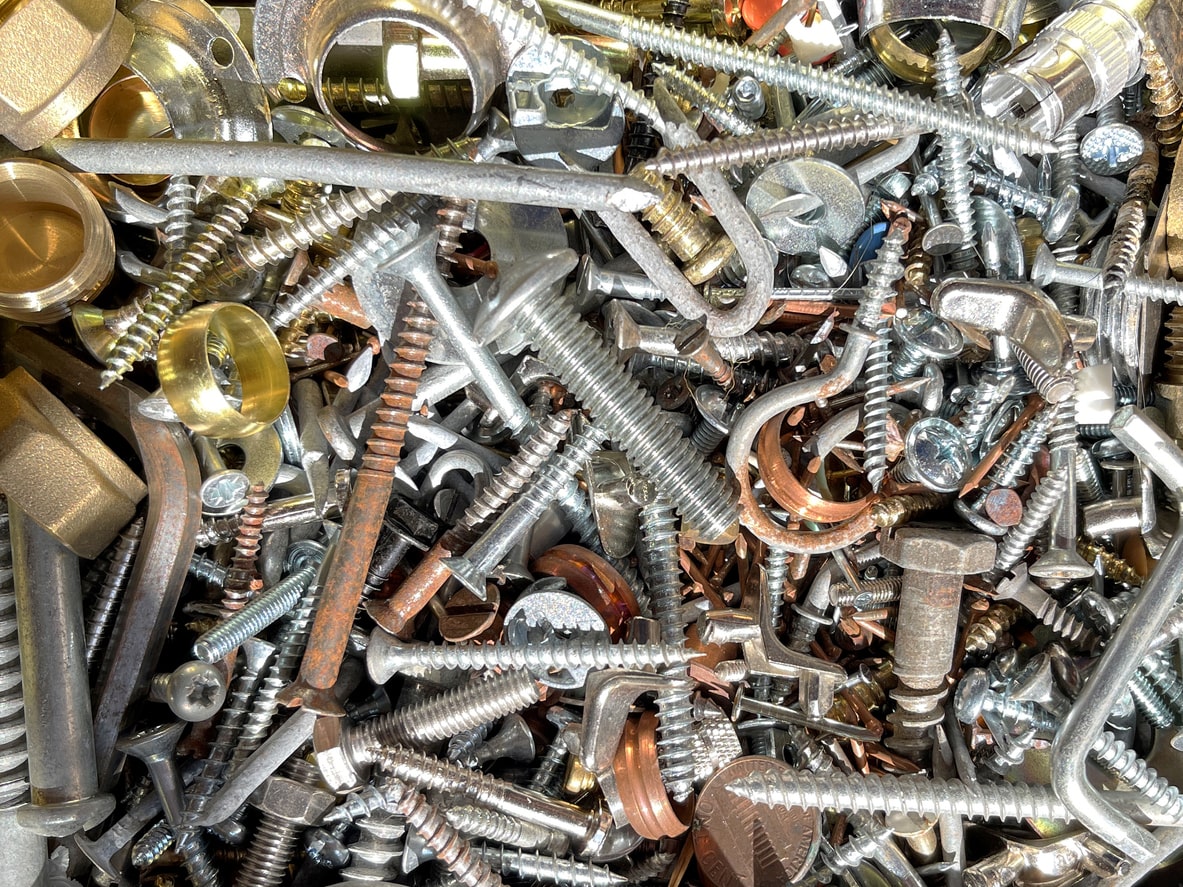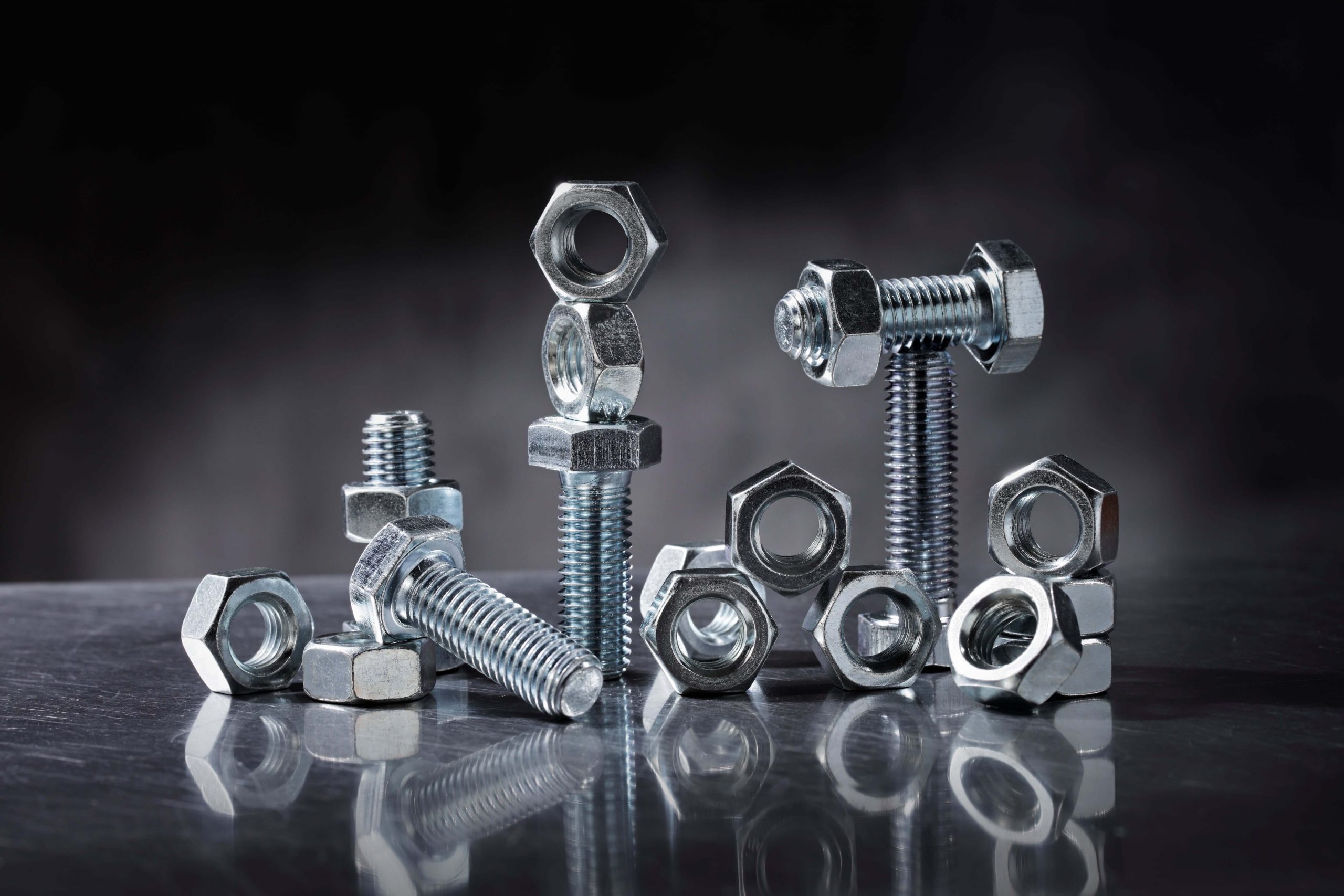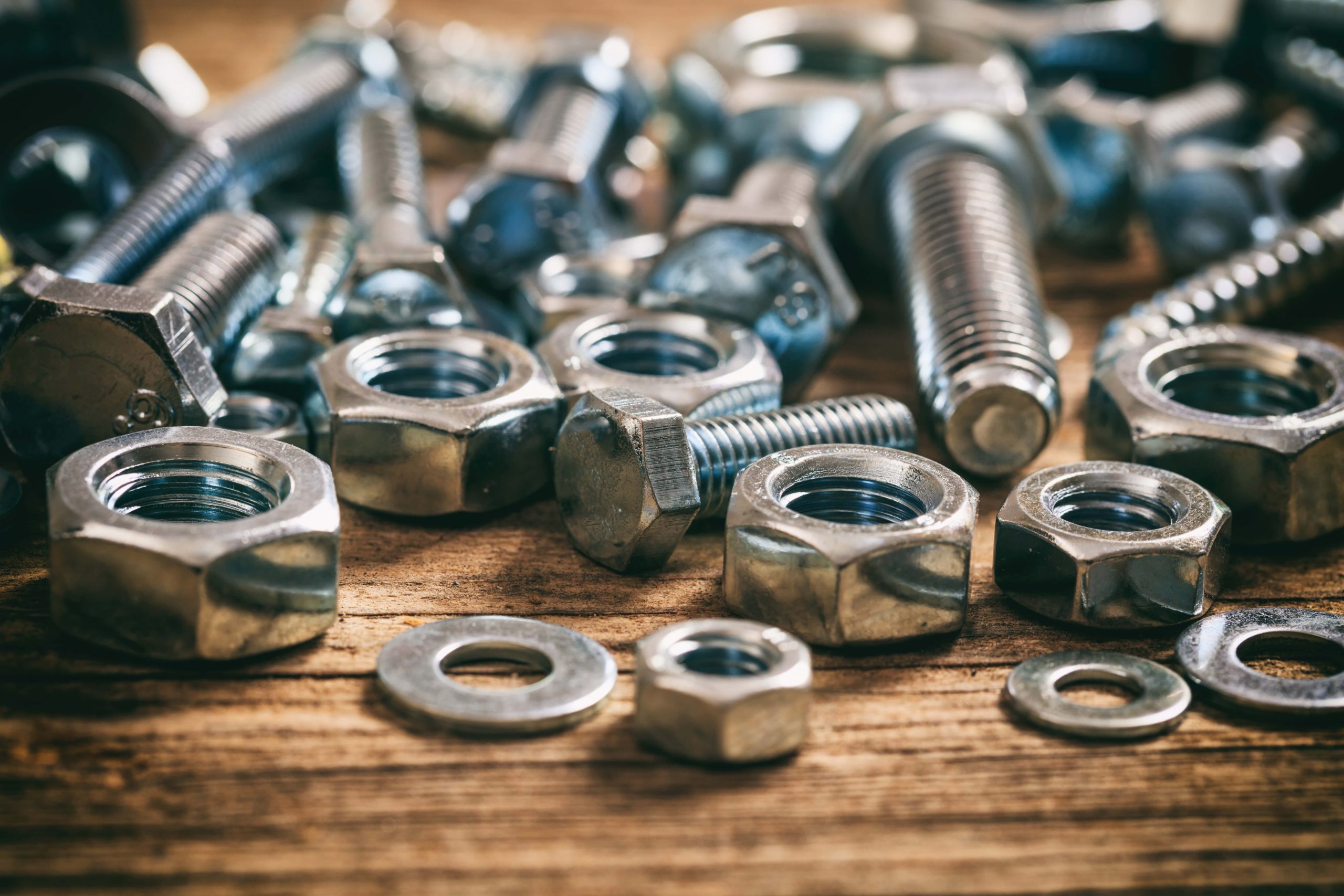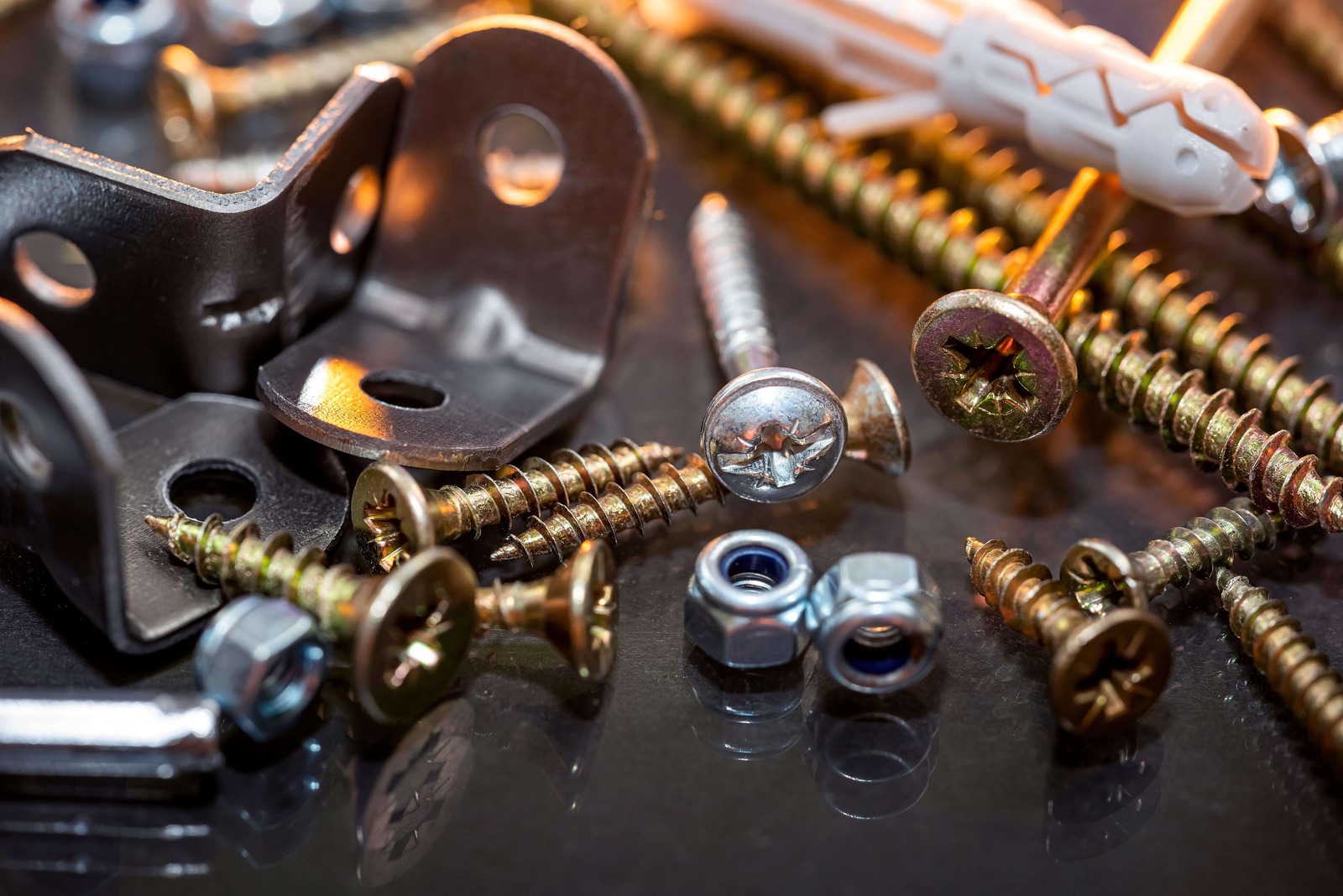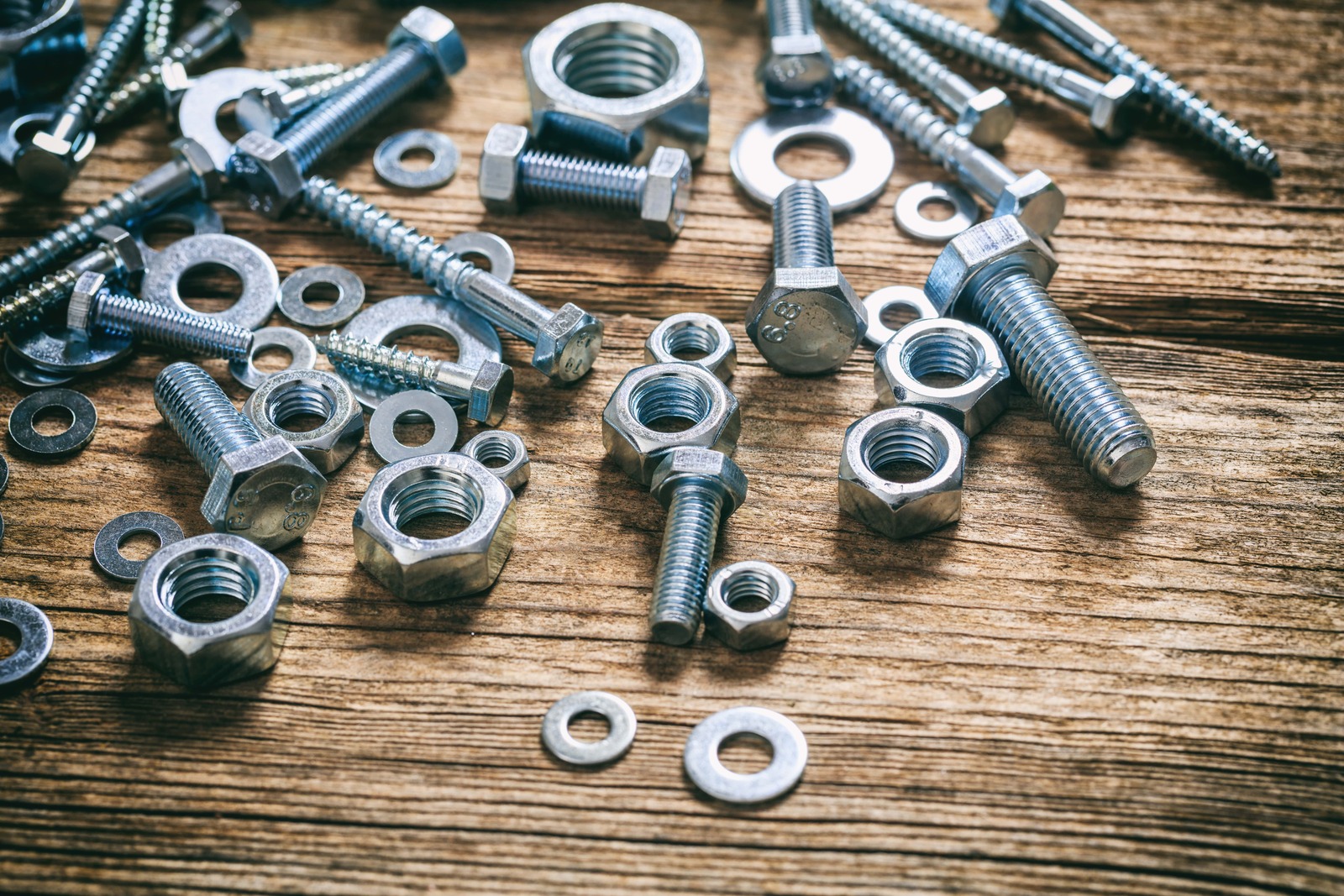What Are Industrial Fasteners Used For?
Industrial fasteners are integral components in the construction and manufacturing sectors, providing critical support and stability to various structures and machinery. These small but mighty elements are the unsung heroes of the industrial world, ensuring that parts remain attached, equipment functions smoothly, and overall integrity is maintained in countless applications.
Understanding Industrial Fasteners
Before delving into their uses, it’s essential to understand what industrial fasteners are. Essentially, they are a type of hardware that mechanically joins or affixes two or more objects together. They come in a vast array of sizes, materials, and designs, each tailored to specific requirements and environments. Common types of industrial fasteners include bolts, screws, nuts, rivets, and anchors, among others.
Industrial fasteners are usually made from robust materials such as steel, stainless steel, aluminium, brass, and other metal alloys, although plastic fasteners are also widely used in applications where non-conductive or corrosion-resistant properties are needed. The choice of material depends on the application’s specific needs, including the required strength, flexibility, corrosion resistance, and environmental conditions.
Applications in Construction
In the construction industry, industrial fasteners play a pivotal role in assembling and securing structures, from residential buildings to towering skyscrapers. They ensure the stability of frameworks, hold roofing materials in place, attach cladding panels, and secure insulation. The strength and durability of fasteners are crucial here, as they must withstand various stresses, including weight loads, wind forces, and thermal expansion.
Moreover, fasteners are used in the construction of bridges, tunnels, and railways, where they must endure extreme environmental conditions and heavy, dynamic loads. The reliability of these fasteners is critical to the safety and longevity of such infrastructures.
Manufacturing and Machinery
In manufacturing, industrial fasteners are equally indispensable. They are used to assemble machinery, attach components, and secure covers and access panels. Fasteners enable the modular construction of machinery, allowing for easier maintenance, upgrades, and repairs. They also play a significant role in ensuring the precision and alignment of mechanical parts, which is essential for the optimal performance of equipment.
The automotive, aerospace, and shipbuilding industries, in particular, rely heavily on specialised fasteners designed to withstand high pressures, temperatures, and corrosive environments. In these sectors, fasteners not only hold parts together but also contribute to the overall integrity and performance of the vehicles and vessels.
Electronics and Appliances
In the electronics industry, fasteners are used to assemble and secure components within devices such as computers, smartphones, and televisions. These fasteners are usually smaller and made from materials that prevent electromagnetic interference. They are essential for the compact and reliable construction of electronic devices, ensuring that parts remain in place and function correctly despite vibrations, impacts, and temperature changes.
Similarly, in the manufacturing of household appliances like washing machines, refrigerators, and ovens, industrial fasteners are used to assemble components and secure panels. These fasteners must be durable and often resistant to corrosion and high temperatures, ensuring the longevity and safety of the appliances.
Energy and Utilities
Fasteners also find significant applications in the energy sector, including oil and gas, wind power, and solar energy industries. They are used in the construction and maintenance of pipelines, refineries, wind turbines, and solar panels, among other facilities and equipment. In these applications, fasteners must be able to withstand harsh environmental conditions, including extreme temperatures, pressures, and corrosive substances.
Furthermore, the reliability of fasteners is crucial in preventing leaks and failures, which can have severe environmental and safety consequences. As such, the energy sector often requires fasteners that meet strict standards and certifications, ensuring their performance and integrity under challenging conditions.
Transportation Infrastructure
Industrial fasteners are not just limited to stationary structures; they are also crucial in the development and maintenance of transportation infrastructure. This encompasses roads, tunnels, bridges, and railways, where fasteners play key roles in holding various components together securely. In road construction, for example, fasteners are used to secure guardrails, signs, lighting, and barriers, ensuring they remain in place under the stress of daily traffic and environmental conditions.
In railway systems, fasteners are vital in attaching rails to the railway ties, maintaining the structural integrity of the tracks under the immense pressure and vibration caused by passing trains. The selection of fasteners in these applications is critical, as they must resist loosening over time, despite constant vibration and dynamic loads. Furthermore, the safety of millions of commuters depends on the reliability of these fasteners, making their role in transportation infrastructure both crucial and undeniable.
Health and Safety Considerations
The importance of industrial fasteners extends into health and safety considerations in multiple industries. In the construction and manufacturing sectors, the proper selection and installation of fasteners are critical to preventing accidents and failures that could result in injuries or fatalities. Fasteners must be chosen based on the specific requirements of each application, including the loads they will bear and the conditions they will face.
Furthermore, in industries such as food processing and medical equipment manufacturing, fasteners must meet additional health and safety standards. They should not only be strong and durable but also made from materials that are non-toxic and resistant to corrosion by cleaning agents or bodily fluids. In these environments, the correct fasteners can prevent contamination and facilitate clean, hygienic conditions, which are imperative for public health and safety.
The correct use of fasteners can significantly reduce the risk of mechanical failures that lead to operational downtimes, accidents, and emergency situations. Regular inspections and maintenance are essential to ensure that fasteners remain tight and effective, particularly in environments where they are subjected to extreme stress, vibration, or corrosive substances.
Technological Advancements and Innovations
The field of industrial fasteners is not static; it is continuously evolving with advancements in technology and materials science. Innovations in fastener design, materials, and installation techniques are enhancing their performance, reliability, and application scope. For instance, advancements in corrosion-resistant materials and coatings are extending the lifespan of fasteners used in harsh environments, such as marine or chemical processing settings.
Moreover, the rise of smart fasteners equipped with sensors is revolutionising the industry by enabling real-time monitoring of their condition and the structural integrity of the components they secure. These smart fasteners can alert maintenance personnel to issues such as loosening or corrosion before they lead to failures, improving safety and preventing costly downtime.
Additionally, developments in manufacturing techniques, such as 3D printing, are opening up new possibilities for custom fastener designs, allowing for more efficient and cost-effective production, particularly for specialised applications. These technological advancements are making fasteners more adaptable, reliable, and integral to modern engineering and construction projects.
Environmental and Sustainability Considerations
In today’s world, environmental sustainability has become a crucial factor in all industrial activities, and the domain of industrial fasteners is no exception. The environmental impact of fasteners encompasses their manufacturing process, usage, and end-of-life disposal. As a result, there is an increasing push towards eco-friendly materials, recycling, and sustainable practices within the fastener industry.
The choice of materials for fasteners plays a significant role in their environmental impact. Manufacturers are increasingly looking towards materials that are not only strong and durable but also recyclable and sourced sustainably. Metals such as aluminium and stainless steel are popular due to their strength and corrosion resistance, as well as their recyclability, reducing the environmental footprint associated with fastener production.
Moreover, the manufacturing processes themselves are under scrutiny for environmental impacts. Advances in manufacturing technology are aimed at reducing waste, energy consumption, and emissions. For example, cold-forming techniques, which shape metal at room temperature, require less energy than traditional heat-based methods and produce fewer emissions. Such innovations contribute significantly to making the fastener industry more sustainable.
Construction And Infrastructure
In the field of construction and infrastructure, the use of sustainable fasteners contributes to the overall environmental performance of buildings and structures. This is increasingly recognised in green building standards and certifications, which consider the life cycle impacts of construction materials, including fasteners.
Furthermore, the end-of-life aspect of fasteners is gaining attention, with efforts to improve the recyclability of fasteners and reduce the environmental impact of their disposal. This includes designing fasteners that can be easily removed and recycled at the end of a product’s life, thereby promoting a circular economy in which materials are reused and recycled, reducing the need for virgin raw materials and decreasing waste.
Contact RCF Bolt & Nut
Environmental considerations are becoming increasingly integral to the design, manufacture, and application of industrial fasteners. By focusing on sustainability, the fastener industry can contribute to a more environmentally friendly and resource-efficient future. As the world continues to grapple with environmental challenges, the role of sustainable fasteners will undoubtedly grow, reflecting the industry’s commitment to ecological responsibility and innovation. This shift not only helps protect our planet but also ensures the long-term viability and success of the fastener industry itself. Get in touch with the team at RCF Bolt & Nut today.
